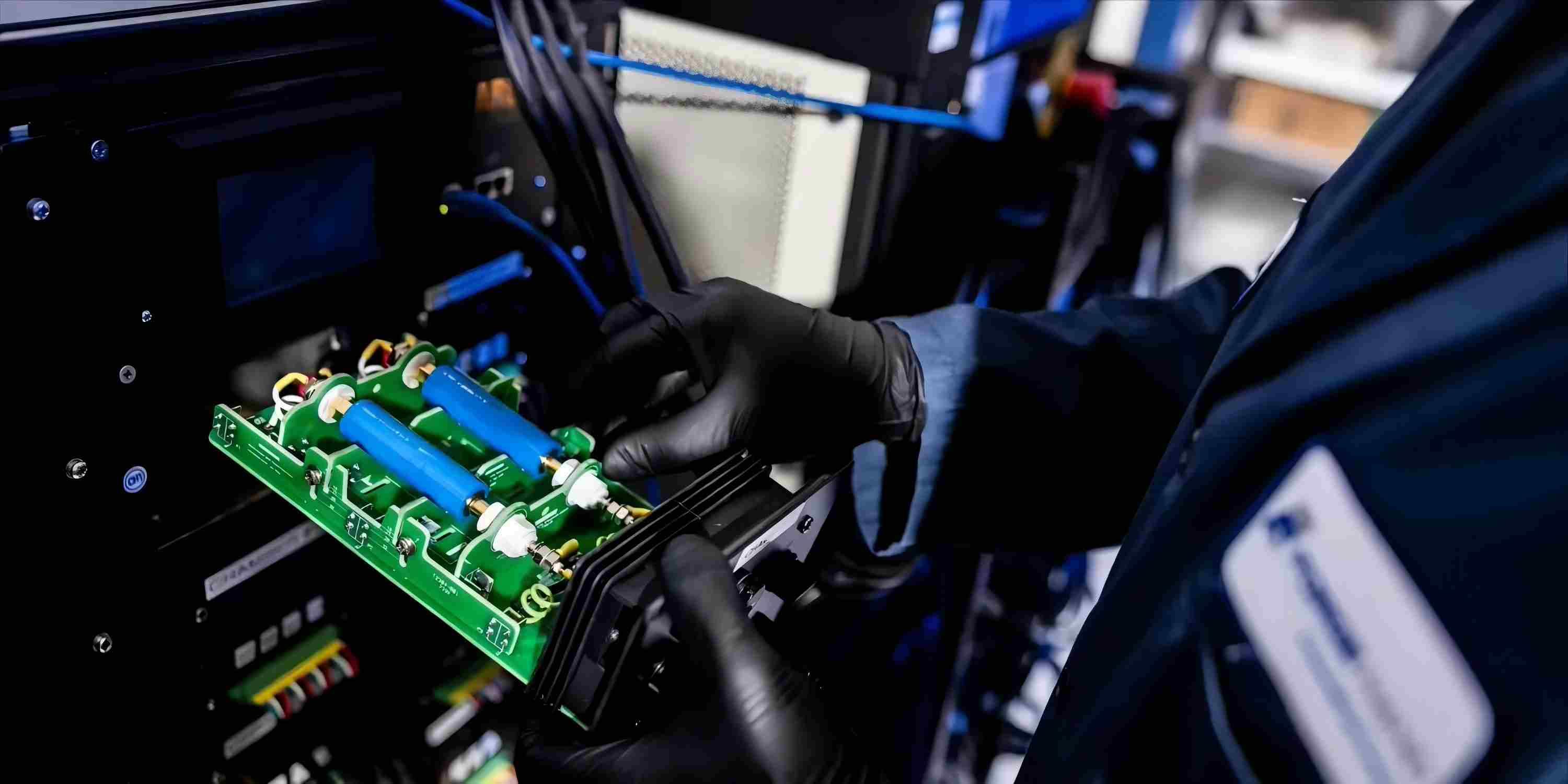Forge Battery has launched a 21700 battery that supports 10-minute fast charging, has an energy density of 300 Wh/kg, and is suitable for various electric vehicles.
On August 6th, Forge Battery, a subsidiary of the American materials science company Forge Nano, announced that its prototype 21700 cylindrical
lithium-ion battery, the "Gen. 1.1 Supercell," has started shipping to existing customers and potential partners. This battery boasts an energy density of 300 Wh/kg and can achieve fast charging within 10 minutes, marking a significant milestone for the company's entry into the commercial battery market.

Compared to the previous 18650 battery, the 21700 battery offers higher energy density and capacity, extending the range of electric vehicles and improving efficiency. Its design also optimizes cooling and packaging, enhancing battery performance and durability.
Forge Battery highlights its core technology as an ultra-thin nano coating called "Atomic Armor," which enables higher energy density. Combined with a nickel manganese cobalt oxide (NMC 811) cathode and a silicon oxide (SiOx) graphite composite anode, the Gen. 1.1 Supercell not only achieves 300 Wh/kg energy density but also fast charges in 10 minutes without compromising battery life. The battery has passed UN 38.3 and UL 1642 certifications, meeting the highest transportation safety standards.
Company VP Barbara Hughes confidently asserts that the battery, with its higher silicon content and increased cycle voltage, is poised to surpass global leading suppliers. Forge Battery has signed annual supply agreements totaling thousands of GWh with multiple customers and plans to deliver thousands of batteries in 2024. Since announcing the construction of a superfactory in Morrisville, North Carolina, in November 2023, the company has received a total of 24 GWh/year in letters of intent. The company aims to begin commercial production at the North Carolina superfactory in 2026, with 90% of battery materials sourced from the U.S.
This battery is suitable for various electric vehicles, including electric trucks, off-road vehicles, motorcycles, as well as aerospace and defense applications. The company expects the battery’s lifespan to meet or exceed industry standards.
Next:Understanding the Advantages and Disadvantages of Lithium Iron Phosphate (LiFePO4) Batteries
Previous:EVE Energy in the South Fair Unveiled the Full Scene Lithium Battery Program
